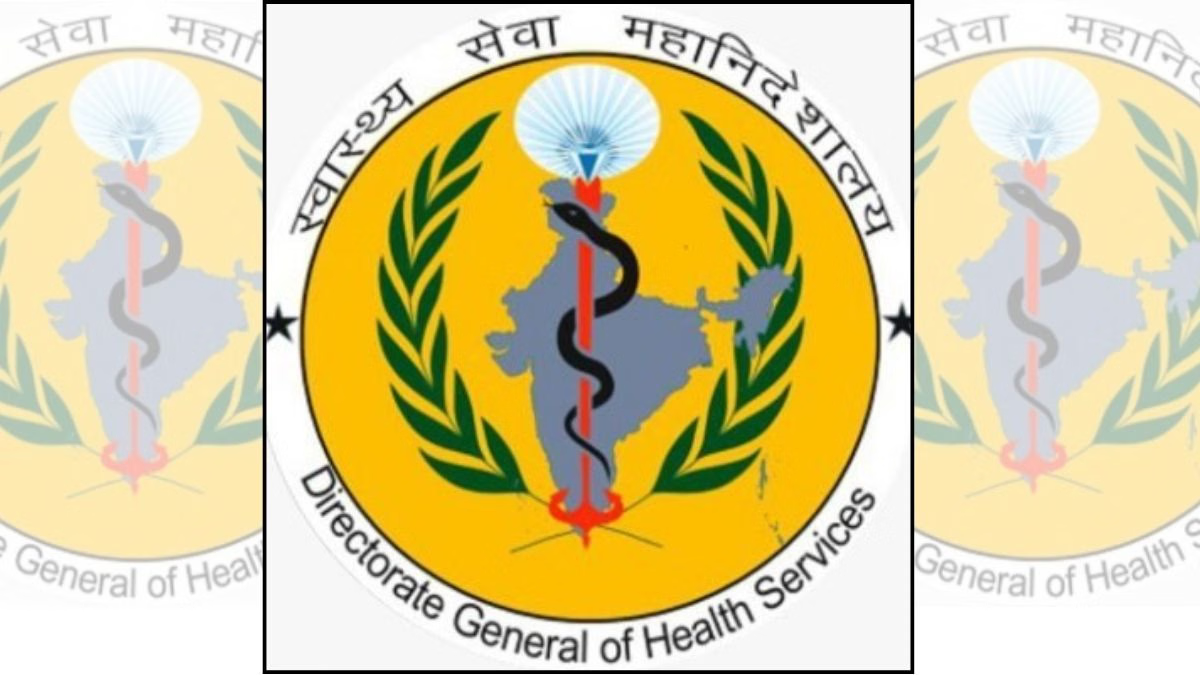In a significant directive from the Directorate General of Health Services (DGHS) under the Ministry of Health and Family Welfare, physiotherapists across India have been instructed not to use the prefix ‘Dr.’ before their names. The decision clarifies the limit of the ‘Dr.’ title usage strictly to registered medical practitioners, citing concerns of public confusion and possible quackery. This newsletter dives into the detailed reasons behind this order, its implications, and the ongoing debate stirred by this move.
Key Points from the DGHS Directive on Physiotherapists Using ‘Dr.’ Prefix
The DGHS issued a formal letter on September 9, 2025, addressed to Dr. Dilip Bhanushali, President of the Indian Medical Association, reinforcing that physiotherapists are not medical doctors and hence cannot adopt the ‘Dr.’ prefix.
The directive aligns with the Indian Medical Degrees Act, 1916, and various court rulings including those from Patna and Madras High Courts which prohibit physiotherapists and occupational therapists from using the title.
Physiotherapists are trained to offer specialized treatment but are not qualified to diagnose medical conditions or undertake primary care, thus limiting their scope of practice to treating referred patients only.
The misuse of the ‘Dr.’ prefix was flagged as potentially misleading to patients and the general public and could open avenues for quackery, endangering patient safety.
The order also requires removal of the ‘Dr.’ prefix from the Competency Based Curriculum for Physiotherapy – Approved Syllabus 2025 issued by the National Commission for Allied and Healthcare Professions (NCAHP).
The DGHS suggested considering an alternative respectful and distinctive title for physiotherapy graduates that avoids confusion but honours the profession’s contributions.
The Background and Context of the Controversy
In March 2025, the National Commission for Allied and Healthcare Professions (NCAHP) had approved a physiotherapy curriculum that allowed use of both the prefix ‘Dr.’ and suffix ‘PT’ (Physiotherapist).
This move was met with strong opposition from the Indian Medical Association (IMA) and other medical bodies who argued physiotherapists do not have medical qualifications equivalent to doctors.
Medical organizations expressed concerns that the use of ‘Dr.’ could mislead patients into believing physiotherapists have diagnostic and prescriptive powers, which they legally do not possess.
The DGHS directive formalizes these concerns and reverts the decision after multiple representations and objections from medical associations.
Legal and Ethical Considerations Behind the DGHS Order
The Indian Medical Degrees Act, 1916 clearly reserves the ‘Dr.’ prefix for individuals registered as medical practitioners in modern medicine and recognized alternative systems like Ayurveda, Homoeopathy, and Unani.
Violation of this rule attracts legal action to safeguard public interest and ensure clear professional boundaries in healthcare.
Earlier judiciary rulings have consistently ruled against physiotherapists using the ‘Dr.’ title to prevent ambiguity and protect patient rights.
The directive reflects an effort to maintain ethical standards in the healthcare ecosystem and ensure patients receive care from appropriately qualified practitioners.
Implications for Physiotherapists and the Healthcare Sector
Physiotherapists remain vital healthcare professionals providing essential rehabilitative treatments and improving quality of life for many patients.
The DGHS stresses the importance of the profession while urging a distinct professional identity that clearly signifies their role without conflating with medical doctors.
Educational boards and professional councils need to revise syllabi and guidelines to comply with this directive and avoid future confusion.
It encourages physiotherapists to focus on strengthening their credentials and public awareness regarding the scope and limits of their practice.
Looking Forward: Developing A Respectful Professional Identity
The DGHS recommends dialogue between physiotherapy councils, educational institutions, and medical bodies to develop appropriate honorifics or titles denoting expertise without misleading the public.
Recognition of physiotherapists’ contributions in healthcare should continue with clarity on professional boundaries to prevent conflicts and promote trust.
Patients must be educated on different provider roles to make informed healthcare choices.
Conclusion: Clear Boundaries For Safer Healthcare
The DGHS directive on the use of the ‘Dr.’ prefix reaffirms the boundaries that safeguard patient interests and uphold the sanctity of medical qualifications. While physiotherapists are crucial members of the allied health workforce, designating titles clearly aligned with qualifications is essential to preserve transparency and confidence in healthcare services. This resolute step underscores the need to balance professional respect with unequivocal public communication.
Source: Directorate General of Health Services official letter, Indian Medical Association statements, National Commission for Allied and Healthcare Professions, Hindustan Times, The New Indian Express, Times of India.

